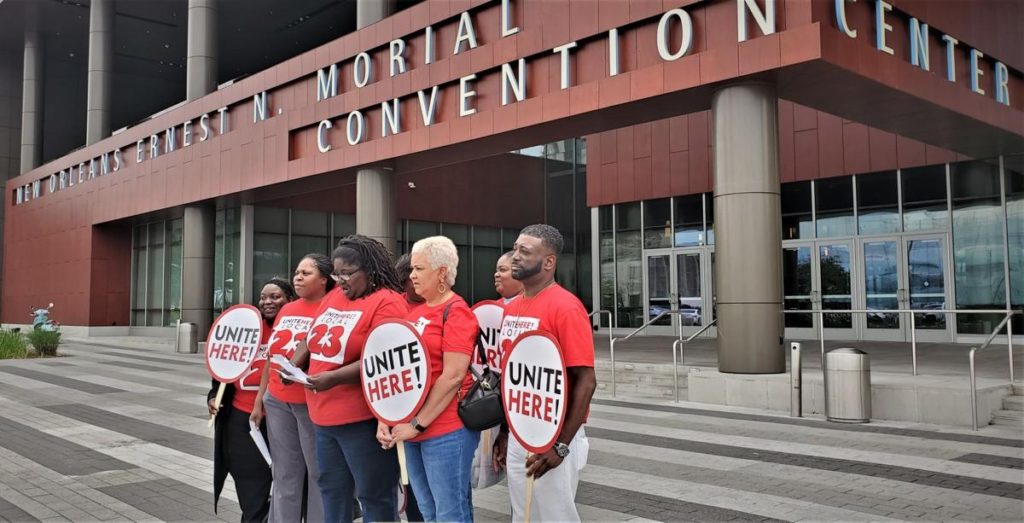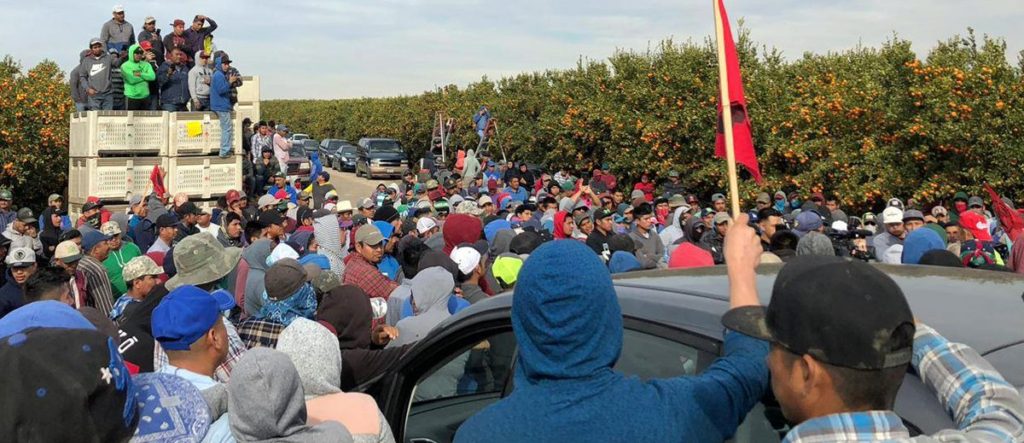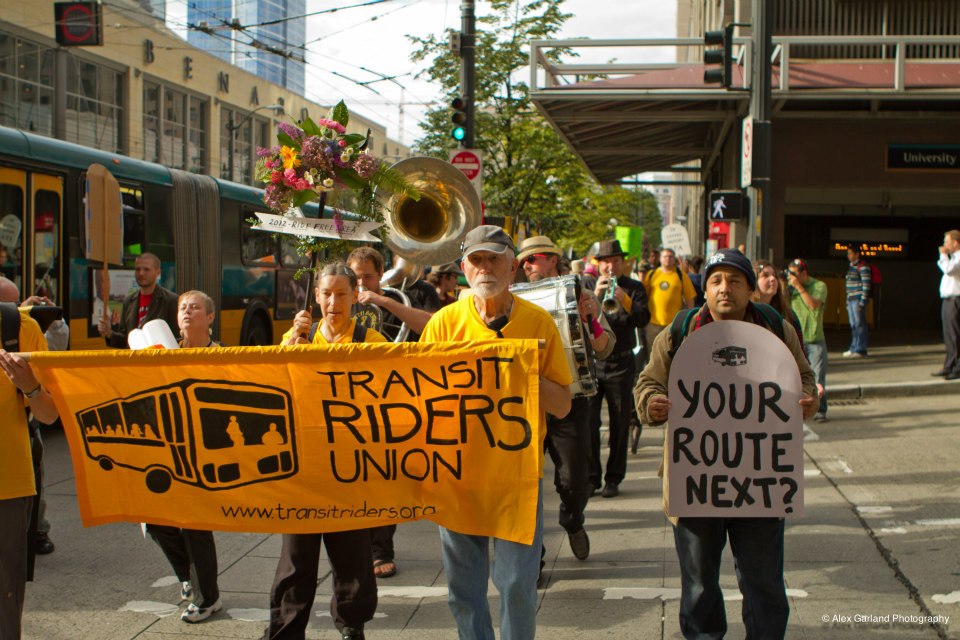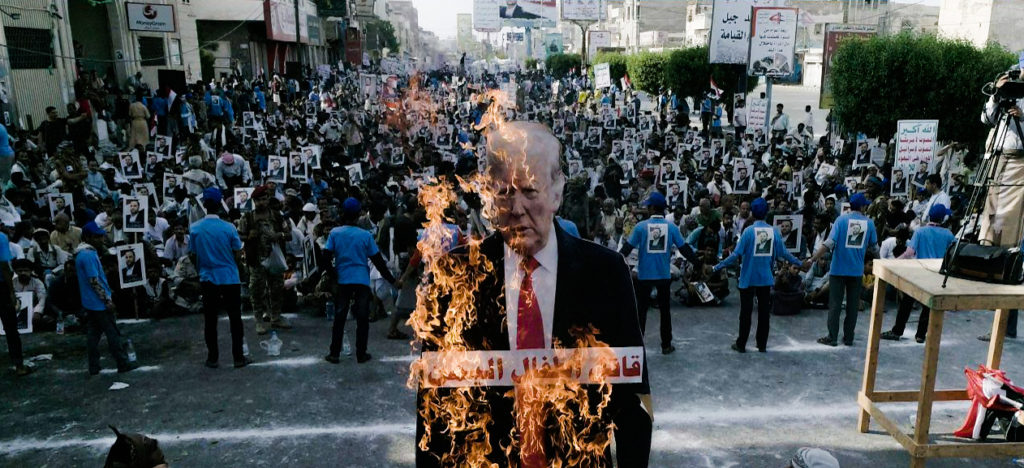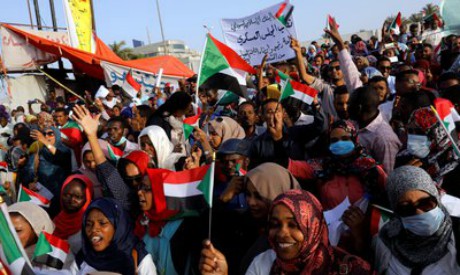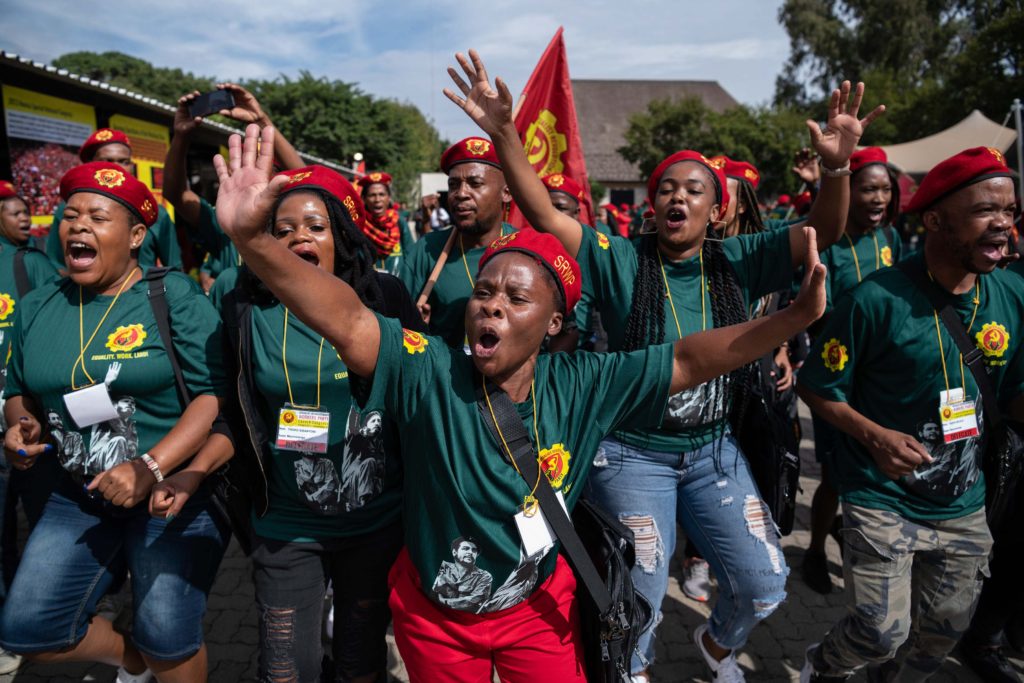Why did you join up? To protect America? To defeat terrorists? To serve the ideals of freedom you were taught in school?
Was it long-term benefits and pensions? Healthcare? Because no other job was available? Pressure from your family?
Or was it because there was no other way you could feel strong? Was it because there was no other way to prove that the way you feel about your gender isn’t a weakness?
Was it because someone told you you could be yourself there? Was it because you wanted to hide from yourself there?
Was it something you never before questioned?
It might not feel like it right now, but I promise you, the transgender ban is a process of liberation. Despite the fact that this is fueled by hatred and that 13,700 people have been left jobless, you are now free.
You’ve been lied to. You’ve been betrayed. Now it’s time to come home and stand up for what’s right.
You were not defending the ideals you imagined.
You were used.
The military you were tricked into joining was not the organization you thought it was. Their actions have proven this. The military serves not the people of the United States, but the rich. They serve the select few who have the money and power to command the plunder you were tricked into taking part in (even if all you did was repair trucks).
Every promise they made has been taken away from you through callous transphobia.
You were always strong. You were always better than this world has told you you were. Being trans is not a mental illness, a weakness, or a lie. It’s a way of being that was once rightfully honored, and you should have been celebrated when you came out.
Your siblings still in uniform might still support you. But there’s only so much they can do while you’re back here, so let me tell you, trans soldier, that you have a community here.
You can fight for what’s right. You can fight for freedom. The fight is here in the United States.
The fight is not for inclusion in the U.S. military. It’s for the end of the U.S. military. It’s to end the power of those who betrayed you.
Take an honest look at the lies you were told. Ask yourself who you served. Ask yourself how you brought freedom or justice anywhere. Witness Iraq and Afghanistan. Witness Libya and elsewhere. Ask yourself if that is what you signed up for.
And then look at what is going on here at home.
You’ve been betrayed, and so have all of your trans siblings who no longer have any legal protections or recognition. Reproductive rights are being taken away state by state. People of color live in fear of unjust incarceration and worse. People are forced from their homelands only to endure torment at our borders.
If you want to fight, if you want to stand up for something, if you want to live your truth, you have to fight back against them.
And that’s what we’re doing. Agitate, educate, and organize with us. Take all that pain and use it in the struggle with us.
With love,
Sally Jane Black
